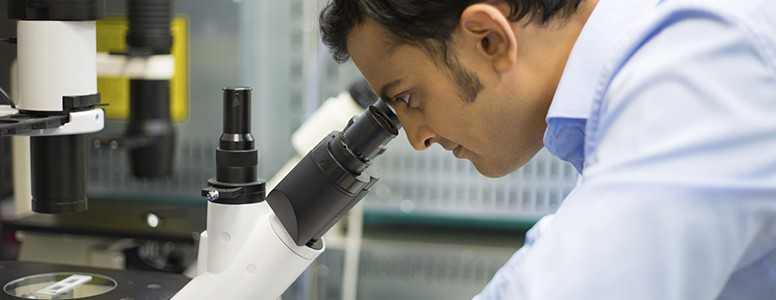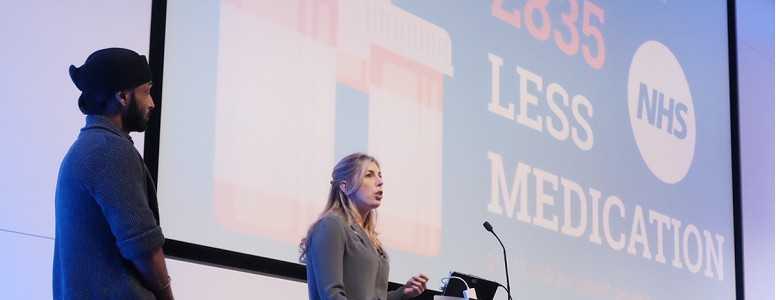Harvard University scientists have released new findings from their research into converting stem cells into insulin-producing beta cells.
The scientists have developed a method which purifies the laboratory-created cells and improves the proportion of beta cells from 30 to 80% of the total cell mass. This is a significant increase which raises the potential for stem cell-derived treatments to eventually be used in type 1 diabetes.
The work follows on from 2014 research in which Harvard researchers, for the first time, manufactured millions of beta cells necessary for transplantation into stem cells.
In this new research, lead study author Professor Adrian Veres and colleagues used a technique known as single-cell sequencing and molecular biology to manipulate the cells into insulin-producing cells.
“To improve from 30%, we needed to really understand the other 70% of the resulting cells,” said Prof Veres. “Until recently, we couldn’t take a sample of our cells and ask what cell types were in there. Now, with the revolution in single-cell sequencing, we can go from nothing to the full list.”
A fellow team from Semma Therapeutics also contributed to the study, developing a different method to help enrich the beta cells. This involved separating all the cells and then allowing them to come back together.
“As we work toward putting stem cell-derived beta cells into patients, a purer mixture means that we can use a smaller, less invasive device to deliver the same amount of functional cells,” said Felicia Pagliucan, Vice President of Cell Biology Research and Development at Semma Therapeutics.
Professor Verres said that “the big question for us right now is whether 80% beta cells is what we want”.
He added: “Maybe you need more of the other cell types to help regulate the beta cells, so that they function correctly. We’re going to find out how the cell types interact with each other.”
The findings have been published in the Nature journal.







